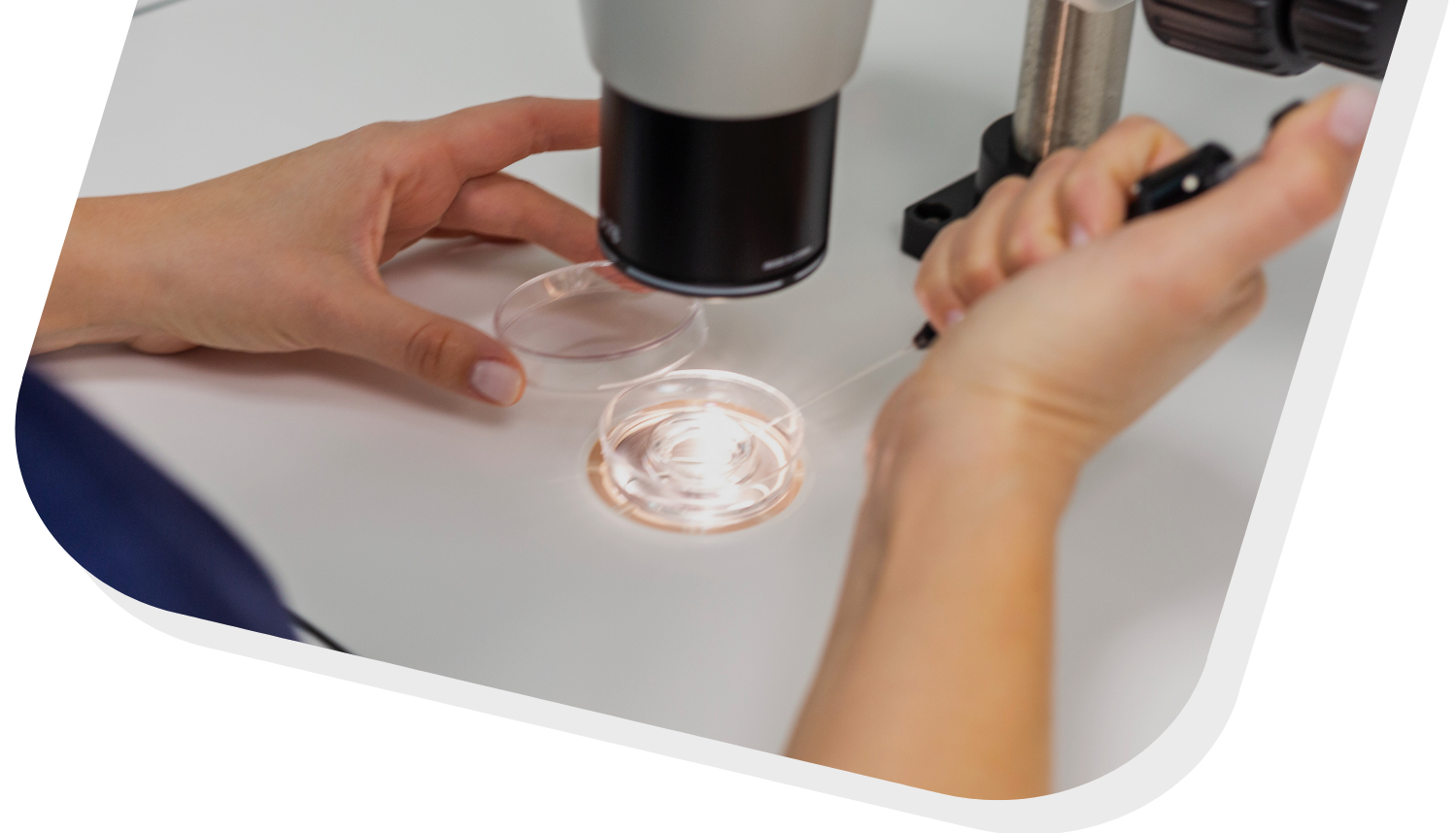immunological
treatment for IVF

immunological treatment for IVF
Let us suggest
the appropriate immunological treatment for you
Where a couple has several unexplained failed IVF cycles (recurrent implantation failure) or more than 3 miscarriages, and it is not explainable by uterine factors, infections, genetic problems, etc., the cause may be due to immunological problems. Studies continue to demonstrate that the complex communication between the implanting embryo and the mother’s immune system is critical for pregnancy to succeed. Issues causing miscarriages or repeat chemical pregnancies may also lead to recurrent implantation failure when they occur at the start of pregnancy. In these cases, we make a thorough investigation of uterine, sperm, infection and where possible, of genetic problems (e.g., karyotyping) but we will also try to find and address any immunological or clotting problems by suggesting the appropriate immunological treatment.
The mother’s uterine Natural Killer cells have the ability to interact directly with foetal trophoblasts (the cells that form the placenta). Tolerance of the uNKs to the foetus is achieved only by complex biochemical communication between the foetal cells and the mother’s immune system. In some women, the immune defences may be overactive, leading to poor tolerance of the embryo and direct attack on the foetal cells by maternal uNKs. Our strategy is to identify patients who are likely to have these issues and suggest the appropriate immunological treatment for reducing uterine immune hostility (e.g., steroids, blood thinners, intralipids and GCSF).
In a normal pregnancy, the mother’s tendency to produce blood clots in the uterus and placenta is suppressed and the blood flows freely to the baby. Yet, some mothers have a condition called thrombophilia (excessive blood clotting) caused by a variety of genetic or autoimmune reasons. Women diagnosed with thrombophilia and depending on their specific defect, face higher risk of having implantation failure, miscarriage or even stroke and heart attack compared to the normal population. In most cases, the condition is readily treatable using blood thinning medication.
In normal pregnancy, the cells of the mother’s immune system need to recognise the embryo as being foreign cells. This is the first step to producing protective blocking antibodies to shield the embryo from attack by the mother’s immune system. In some women, we find a failure to make antibodies capable of recognising embryonic cells. In the laboratory, we use white blood cells from the male partner as a proxy for embryonic cells, based on the theory that if the mother’s blood does not carry antibodies to these cells, she is more likely to lack the antibodies that can bind (and allow recognition of) embryonic cells made from his genetic material (the LAD/antipaternal antibody test). In cases where a low LAD is associated with repeat miscarriage, a technique called LIT (lymphocyte inoculation therapy) can be helpful as an immunological treatment. Alloimmune problems can be particularly severe when the male and female partner have very similar cell surface markers (e.g., DQ alpha).





